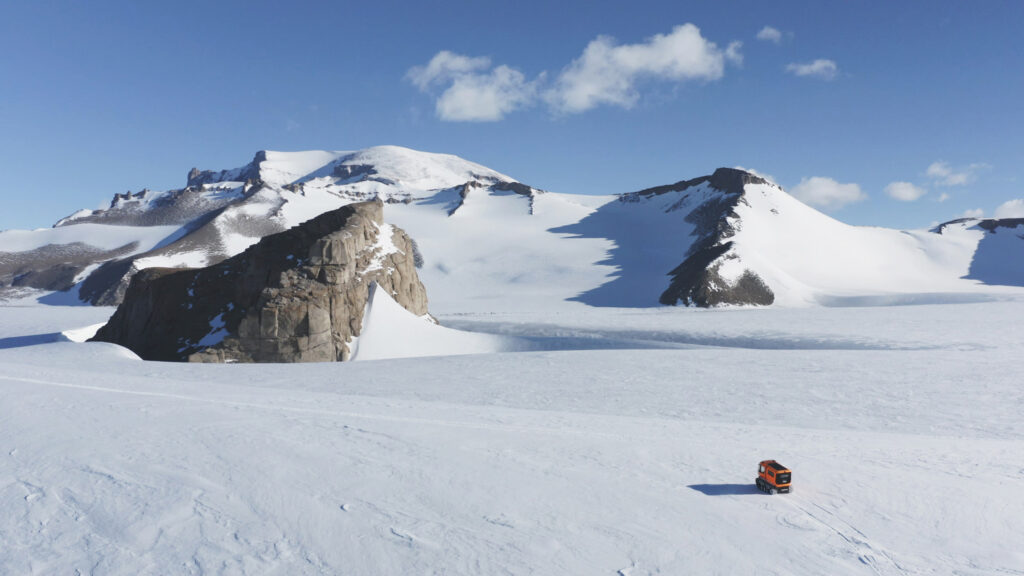Scientists from the Université Libre de Bruxelles (ULB) and Vrije Universiteit Brussel (VUB) will head to the Belgica Mountains in Antarctica on Sunday to collect meteorites and blue ice samples.
The team will stay in the mountains until early January 2025, ULB announced in a statement on Monday.
"The Antarctic is certainly the best place on Earth to collect meteorites," said ULB, noting that two-thirds of meteorites collected on Earth come from this continent. Around 45,000 meteorites have been found in Antarctica, representing over 60% of all meteorites found on Earth, according to VRT.
Belgian researchers have previously said that there may still be more than 300,000 meteorites left to find in Antarctica, with "enormous scientific potential".
Due to ice movement, these meteorites are transported and eventually accumulate in blue ice fields, forming unique concentrations. They are particularly well-preserved in the cold conditions of the region, degrading less rapidly than elsewhere on the planet.
The team of scientists, funded by the Belgian Federal Science Policy (Belspo) and logistically supported by the International Polar Foundation, will be led by Steven Goderis (VUB). The team includes Vinciane Debaille (ULB), Gabriel Pinto (ULB), and Hamed Pourkhorsandi (IRD-France).
Throughout their missions, the team has collected more than 1,300 meteorites around the Princess Elisabeth Antarctic Station.
"Each new meteorite has the potential to revolutionise our understanding of the solar system and the formation of planets," ULB said.

